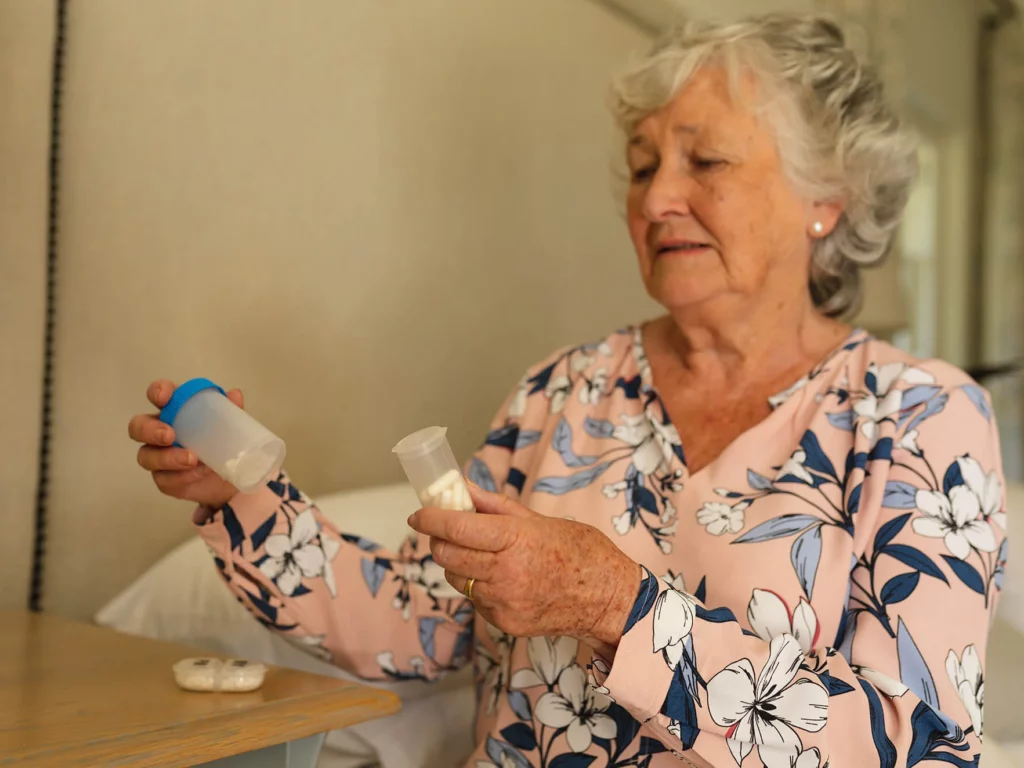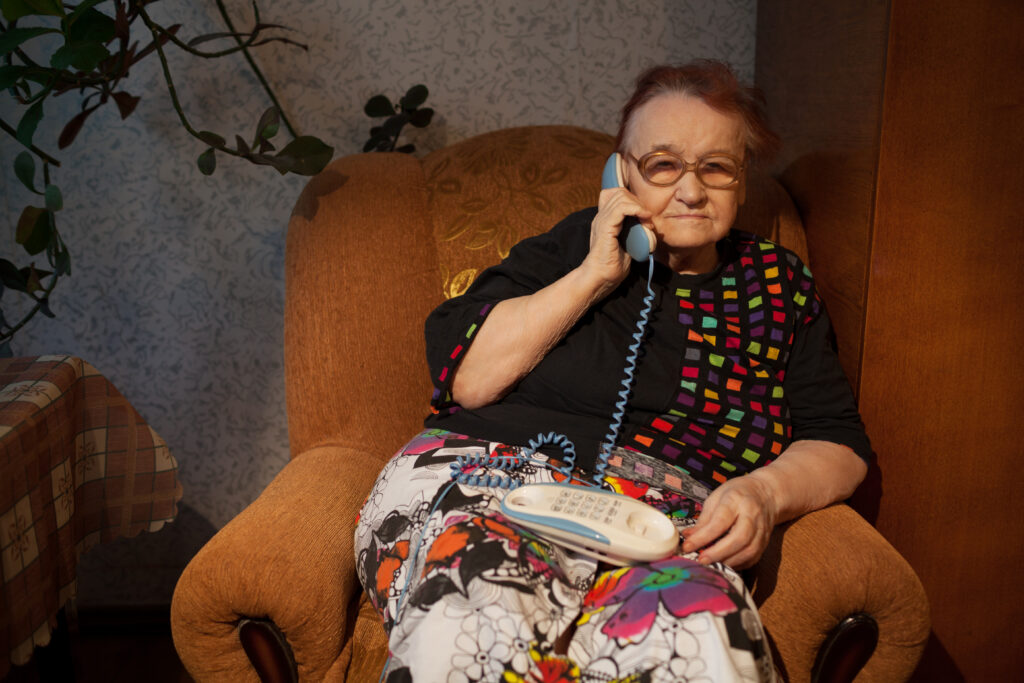Intermediate care
Similar to convalescent care, intermediate care is a form of short-term care that’s provided with the hope that it can help a person recover from illness, injury or surgery, and reduce the risk of readmission to hospital.

Quick overview
Intermediate care is a specific type of short-term care defined by the NHS and the National Institute for Health and Care Excellence (NICE).
It’s defined as being a short-term form of care which has the aim of helping people meet individual goals, such as getting dressed.
Intermediate care is a free service, provided for up to six weeks – following this a care needs assessment can be done.
Following a hospital stay, some people need a little extra care and support to aid their recovery and get back on their feet. In order to aid a timely discharge from hospital and reduce the likelihood of readmission – the NHS provides a type of care called ‘intermediate care’.
It’s important to the NHS that people recover properly and in their own homes to reduce pressure on hospitals while keeping them safe, secure and supported in their recovery.
Live-in intermediate care helps people to recover in an environment they feel comfortable in – away from the noise and strange routine of a hospital ward.

What is intermediate care?
Intermediate care is a type of care defined by the NHS and NICE as a short-term service that’s provided with the aim of helping the individual to recover and increase your independence. The aim of intermediate care is to help them to achieve their own specific goals.
It differs from other similar care and support services in that it’s a free short-term service that’s provided with the aim of helping a person achieve specific goals which can include things like getting dressed or making a meal. With intermediate care, the goal of the carer is to help a person practice doing things on their own.
Receiving this type of care at home helps to avoid a permanent move to a care home, similar to how live-in care does. If your loved one wishes to receive live-in care from Elder as their intermediate care, they should voice this to their healthcare or social care provider.
With intermediate care, there’s a specific process in place to guide people through a variety of stages until the care plan ends – this is generally after six weeks unless completed earlier – and following this the individual will be reassessed to see if they need ongoing support.
When considering any type of care, including intermediate care, it‘s important to understand the options available. NICE suggests the help of a social care advocate – someone who can support people through their care needs and speak on their behalf.
When is intermediate care needed?
There are a variety of scenarios where NICE says that intermediate care may be necessary. With the direct goal of getting people back to health and avoiding readmission to hospital – intermediate care is very much a short-term care option. The following are defined as reasons for intermediate care:
- Recovery after a fall, illness or surgery
- To avoid unnecessary hospital visits
- To return home quicker following a hospital trip
- To delay the need for care home admission
Additionally, for people with complex conditions such as dementia, a trip to the hospital can be disorienting and confusing so intermediate care provided in the home can help to minimise disruption to routines.


Following things such as a stroke or heart attack, intermediate care is put in place to assist in recovery – helping people to relearn skills and adjust to life following a serious condition or stay in hospital.
Intermediate care is provided free of charge by the NHS for a maximum of six weeks. Following the completion of these six weeks, an assessment will be carried out to see whether a person needs continuing care.
If continued care is required there are a few possible next steps. A care needs assessment will help to put into perspective what type of care is required in the short-term and even long-term – at this point a person can voice their desire for live-in care – this is important if it’s their wish.
In terms of funding for continued care – they can check with a GP or therapist as to whether they may qualify for NHS Continuing Healthcare or other funding.
Who provides intermediate care?
Depending on your needs and goals, your intermediate care may be provided by a team of professionals, including –
- Occupational therapists, to help you adapt to and manage everyday activities easily and independently.
- Physiotherapists to help you to improve your movement and stay as active as possible
- Speech and language therapists, if you need help with communication, eating or swallowing
- Carers, these can be either in a care home, or in your own home depending on where is the most appropriate setting for your recovery.

Live-in respite care
How Elder can help
Elder are experienced in providing care and support for a variety of complex needs – in the short-term and long-term. If your loved one has voiced they would prefer to receive intermediate care through a live-in care provider, at Elder we can ensure they are matched with a carer who is able to support their various needs.
Our matching service helps to make sure people are matched with carers to suit their personality and requirements. Helping your loved one to get back on their feet whilst a live-in carer supports their recovery and takes care of daily tasks and errands which may not yet be possible.


Answering your questions
There are a variety of types of short-term care, and they may all be required at different times. To find out more about short-term care with Elder you can get in touch with one of our advisors. Short-term care and intermediate care are flexible to the individual so time periods and costs can vary.
The first step to arranging short term care with Elder is to get in touch.




